SingaporeMotherhood | Parenting
August 2023
Don’t Die without a Plan: How an ACP can Save your Family Time and Money

Last month, we shared how pre-planning may be the most important gift you can give to yourself and your loved ones. Did that convince you to do it? This month, read real-life stories of Singaporeans who did, and who did not do their pre-planning, and see how this affected their loved ones.
Terms to know:
- Lasting Power of Attorney (LPA): Lets you appoint someone on your behalf to decide on your welfare, property, and finances when you no longer have the mental capacity to make decisions for yourself.
- Advance Medical Directive (AMD): Authorises doctors to not prolong your life when you become terminally ill.
- Advance Care Plan (ACP): Allows you to plan your future medical treatment goals and nominate your healthcare spokesperson.
Bernard Chan, 45, Team Director, Investment, Trust Advisory
When Bernard Chan’s father (below) passed away, Bernard and his sister were the ones to perform his ‘last offices’ (that is, to clean the dead body to prepare it for the funeral). Apart from the fact that the siblings are medically trained, they were able to carry out this intimate last rite for their father as he had specifically requested for them to do so in his ACP.
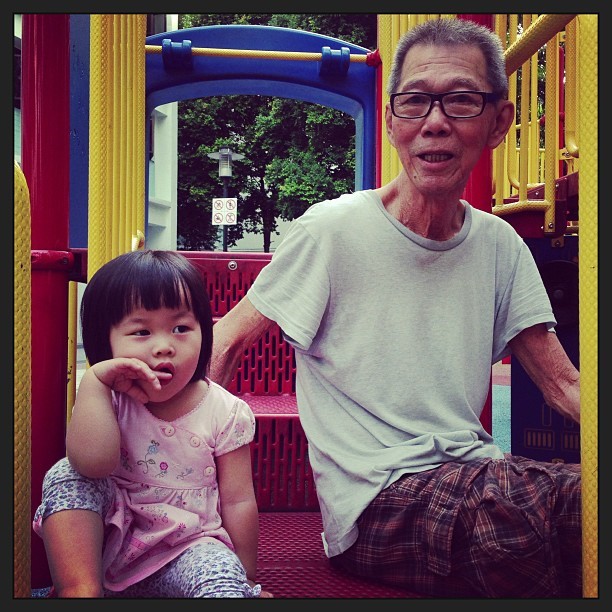
Bernard and his sister were also able to fulfil their father’s wishes to spend his last days at home. “We were the ones who did his IV injections. All these nursing duties became much more meaningful. The two days of home care for him proved to be invaluable moments for us to spend time with him,” says the 45-year-old investment team director of a trust advisory.
“There’s nothing wrong if anyone chooses to be in a hospital. We are just thankful to be able to fulfil a final act of service for our father. This opportunity was created because his ACP was executed in time,” Bernard adds.
(See also: Pregnant? Use this Ultimate Guide to Choose the Perfect Hospital Maternity Package (2023/2024)
No ACP, no wishes fulfilled
Bernard recalls working with a family who could not fulfil their deceased grandmother’s wishes, as there was no ACP. Before she died, the grandmother had verbally shared that she wanted to be with her children during her last days.
However her wishes were not recorded. Moreover, her husband insisted that the grandmother had to be sent to a hospice during her last days. Due to personal beliefs, he didn’t want the house to be ‘dirtied’ by a death at home.
At the hospice, the grandmother passed away in the wee hours, alone. This was emotionally traumatic for her daughter and her sons. They still reprimand themselves over the fact that their mother passed on alone, without her children.
Mdm Leong Kwai Kheng, 80, Retired Chef
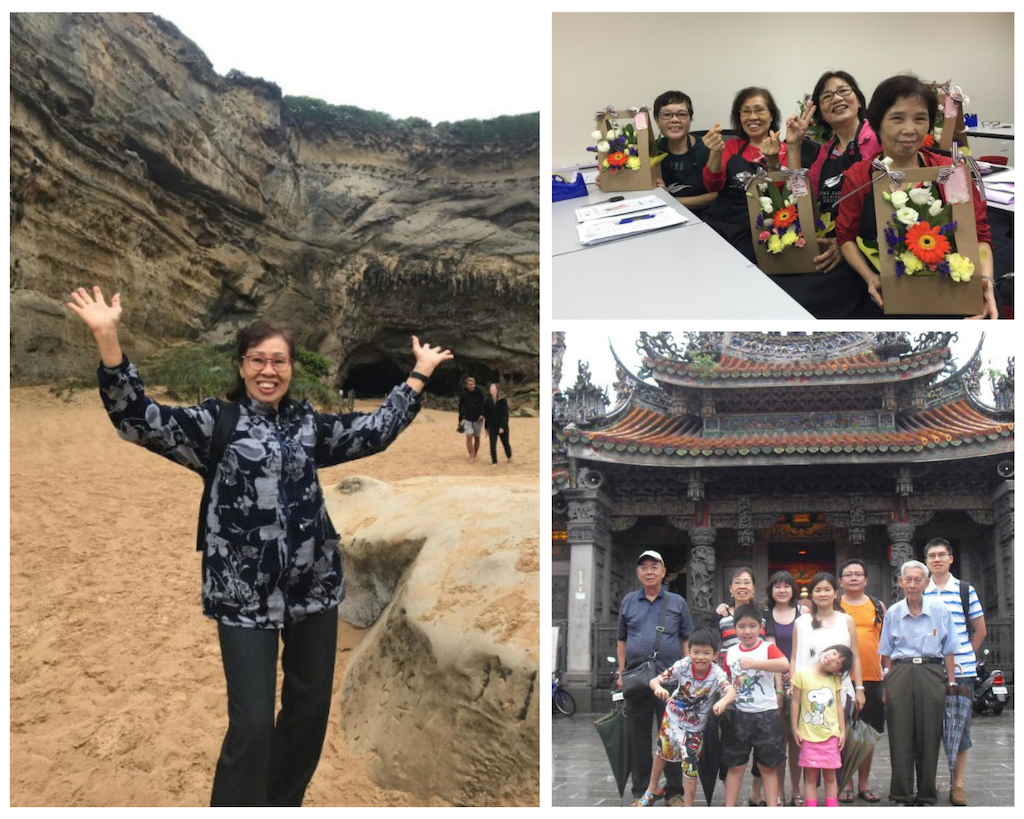
In his younger days, Mdm Leong’s husband Song Kwee Weng was a ship repair welder. Later, he made a switch to work in the kitchen of Chinese food outlets. When he was 73 years old, after being retired for many years, he experienced breathlessness while walking to the market.
He was diagnosed with late stage lung cancer, and died four months later. “When we saw the specialist, we were informed that it was in the late stage, with cancer cells spreading to the other organs,” Mdm Leong shares. The couple’s 51-year-old son, Wai Yin, handled all of his father’s caregiving and medical decisions.
It was only after her husband’s death, during a conversation with her daughter-in-law, that Mdm Leong learnt about the emotional challenges her son had gone through as the sole decision maker of his father’s caregiving matters. These included making hospital appointments, visits to Traditional Chinese Medicine specialists, and in the later stage, arrangements for hospice care.
“The hardest decision he had to make was whether to have his father go for conventional treatment, such as chemotherapy, or not. Would my husband’s wellbeing or physical health be worse after such treatment? How much longer would my husband live? My son also had to think about the treatment fees involved,” Mdm Leong says.
Doing an ACP to prevent painful decisions
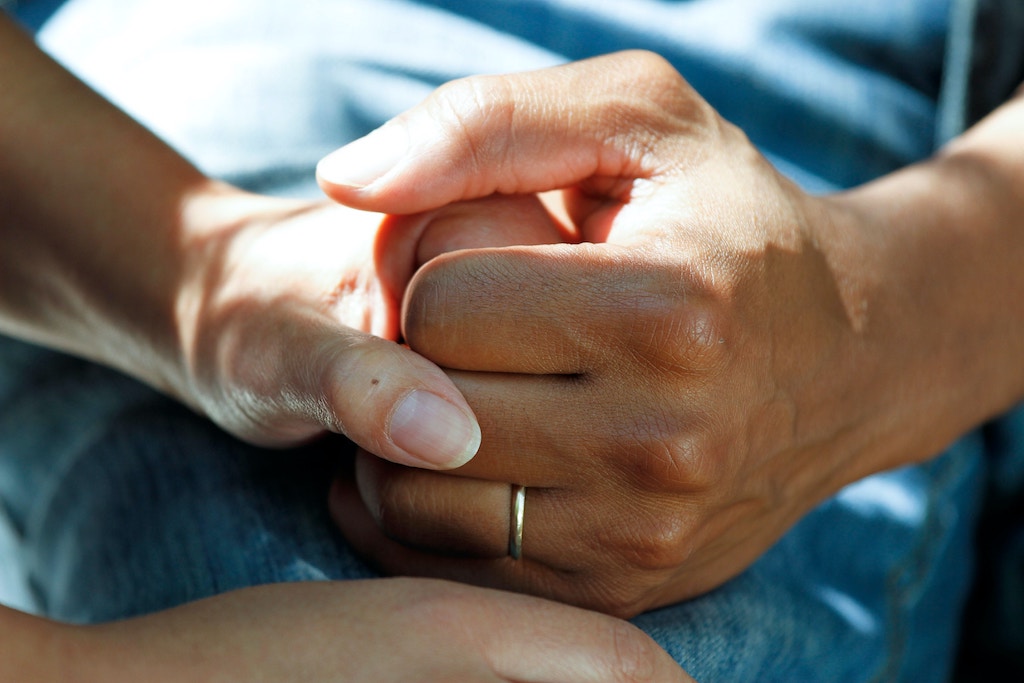
When Mdm Leong realised the challenges which her son, who is married with two children, had faced, she was sad. “I decided that I wanted to arrange my own ACP so that he would not have to go through such a situation again. So I went ahead to do my ACP after finding out about it from a friend who did it. I did not discuss it with my son.
For those who are still on the fence about doing their ACP, I say get it done when we are still in a healthy state of mind and it’s done according to our wishes. We shouldn’t let our children have to go through those emotional challenges,” Mdm Leong adds.
(See also: 8 Expert Strategies to Build your Child’s Self-Esteem)
Bernard, who is married with three children, did his LPA and ACP in 2022. He is the only one within his extended family who has done so. “When I got my eldest sister and my wife to endorse the documents, some of them said that I was mad. Why was I thinking about such morbid issues? My role as an Estate Planner in iFAST showed me how families argue with each other when explicit instructions from the donor/patient are not shared. LPA-ACP documentation solves this concern.”
Bernard (below, with his parents) shares more about pre-planning.
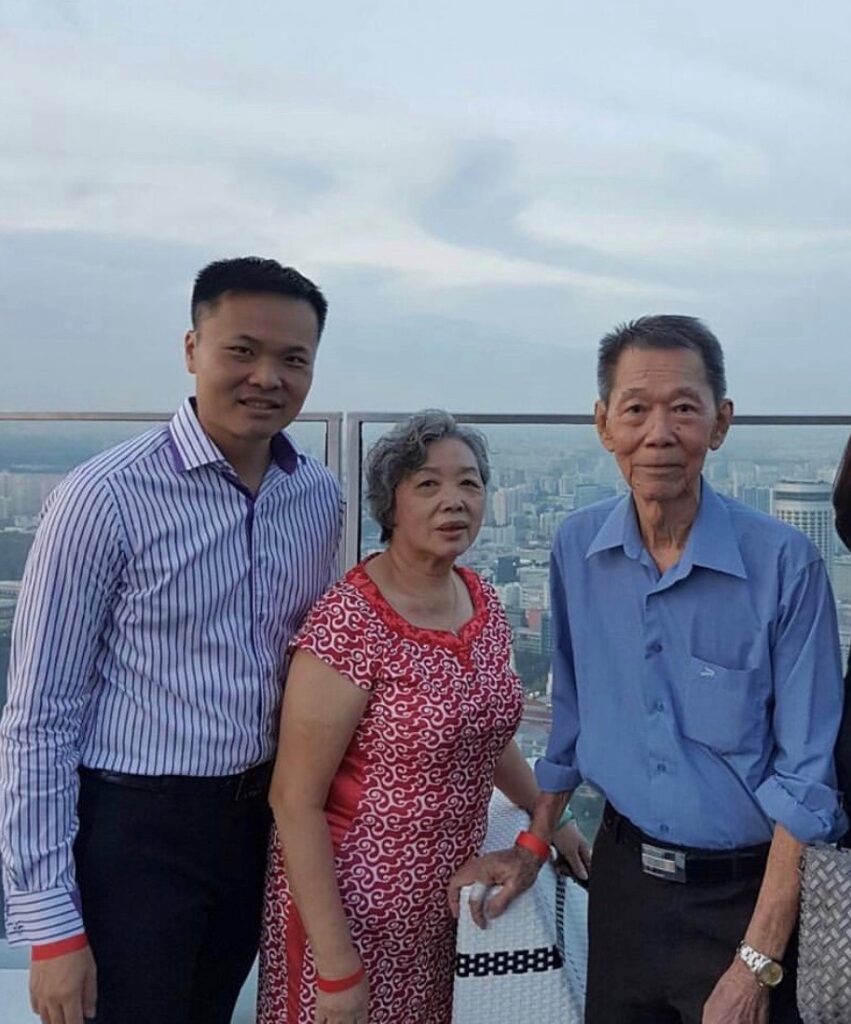
Who should do their LPA and ACP?
“Lasting Power of Attorney (LPA) and Advance Care Planning (ACP) are important for all adults, particularly those aged 50 and above. As we age, our chance of illnesses increases.
But in reality, as long as you have responsibilities in life, you should get these documents done. For example, you are a parent and have a child. If you lose your mental capacity, whether through illness or an accident, decisions on your personal wealth have to be made to ensure that you and your children continue to be financially sound.
(See also: Why you Need to Have Mental Health Conversations with your Children)
An LPA allows a close family member or a next of kin to help you to withdraw funds from your personal bank account for your living expenses. During those times, the details in the ACP will also help your family to understand how you should be cared for.”
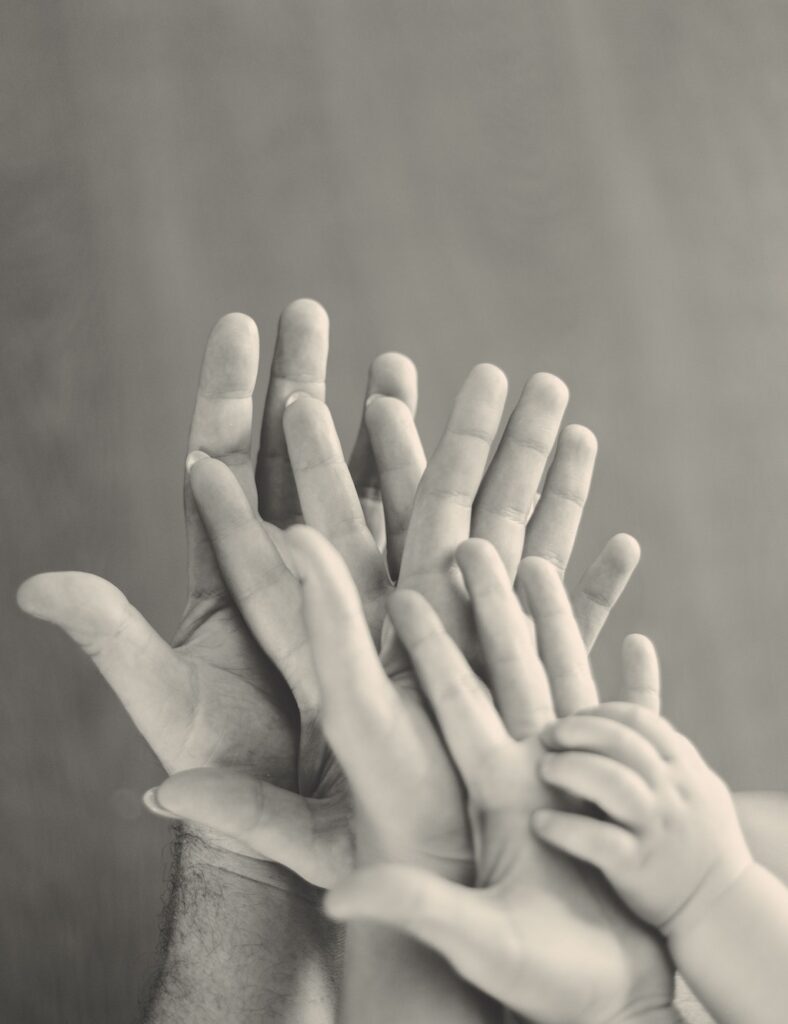
Is it okay to do just LPA or just ACP?
“I always share with my friends and clients that they should do both LPA and ACP. In simple terms, an LPA is a legal document that names someone to help you make decisions when you lose mental capacity. But it does not tell them how to take care of you.
An ACP is a qualitative document which is archived in the National Electronic Healthcare Records (NEHR), and explicitly details your preferences on how you should be cared for in times of critical illness, terminal illness, and even the dying process and funeral planning.
Both documents complement each other, and form an important document pair to assist you in pre-planning.”
What are the top three things to be aware of when making your LPA and ACP?

1. Choose your donee(s) and nominated spokesperson carefully
These individuals are your legal and medical representatives when you lose your mental capacity. You would want to choose people who know you well, and who are able to make decisions for you from your perspective. Choosing an inappropriate person may also create a possibility of your personal finances being conned from you.
2. Take as much time as you need, to reflect about the dying process
“Dying” may be seen by many as morbid, but it is the most accurate and the simplest word to describe the pre-planning process. We need to first be comfortable with discussing the topic of dying. Thereafter, take your time to choose a donee for your LPA. This first choice is relatively easy. The next step is to quantify how you will be cared for. I have seen friends who recalled the deaths of their parents while reflecting on the above questions. It may be a difficult process, so take as much time as you need to draft something that is most suitable for yourself.
3. Share this process with your closest seniors around you
Many of us in our early parenting age are open minded when discussing about pre-planning. However our parents and grandparents may not be as open to this discussion. The reality is that pre-planning is even more relevant to them due to their age. Share your own reflections and thoughts: it is easier to persuade seniors into pre-planning when we do that.
Details are accurate at the time of publishing.
Featured image: tirachardz on Freepik
(See also: Stress and Seniors: 10 Ways to Help Grandma and Grandpa Feel Better)
All content from this article, including images, cannot be reproduced without credits or written permission from SingaporeMotherhood.
Follow us on Facebook, Instagram, and Telegram for the latest article and promotion updates.





